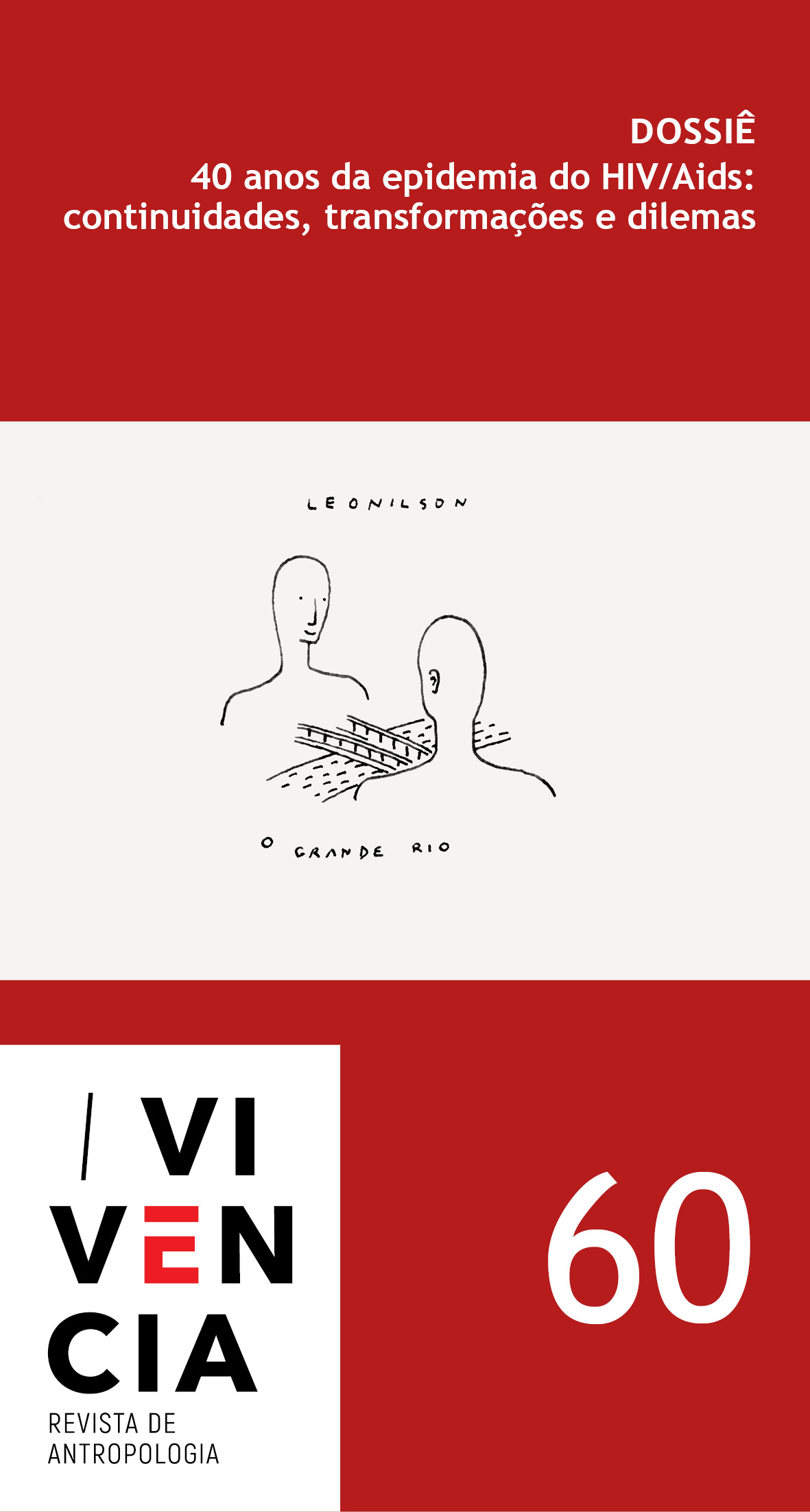A RESISTÊNCIA A GASTRONOMIZAÇÃO DAS COZINHAS: UM ESTUDO NOS BARES DO CENTRO DE NATAL/RN
DOI:
https://doi.org/10.21680/2238-6009.2022v1n60ID23297Abstract
The aim of this article is to analyze the effects of the process of gastronomization of food in the Bars of the Historic Center of Natal / RN. Food is an important research object capable of revealing the transformations of society. The Gastronomization (POULAIN, 2016), in turn, comprises the process of symbolic reframing of kitchens, which has resulted in new forms of consumption. The Center of Natal, which until the 1960s was known as an important space for sociability and commensality in the state capital, had lost its position and won the title of forgotten Historic Center and its bars became spaces of identity resistance. From ethnography, bibliographic research, semi-structured interviews and informal conversations with regulars and cooks from bars held between 2017 and 2019, we will show that the tourist process in the city of Natal from the 1980s enabled the process of gastronomization of local cuisines for the specialization of “potiguar cuisine” restaurants. Thus, resistance to this process occurs through horizontal relationships with the owners of the bars, the symbolic appreciation of these spaces and food through parties and cultural activisms, as well as through a democratic menu, without elaborate gastronomic techniques and dietary rules. hegemonic that represent the true face of a “kitchen from scratch”. With this, we conclude by reiterating that cuisine is an important element to understand the identity of a people and gastronomization puts two food universes in opposition: an elite potiguar cuisine and a popular potiguar cuisine.
Keywords: Gastronomization. Cuisine. Bars. Cidade Alta. Natal
Downloads
Downloads
Published
How to Cite
Issue
Section
License
Copyright (c) 2022 Thágila Maria dos Santos de Oliveira, Julie Antoinette Cavignac

This work is licensed under a Creative Commons Attribution-NonCommercial-ShareAlike 4.0 International License.


 Português (Brasil)
Português (Brasil) English
English Español (España)
Español (España) Français (Canada)
Français (Canada)






